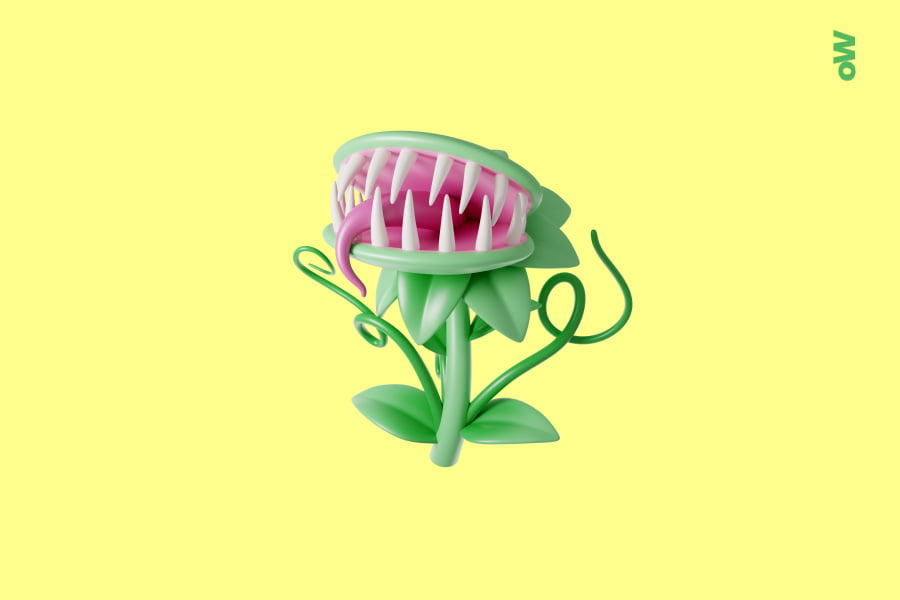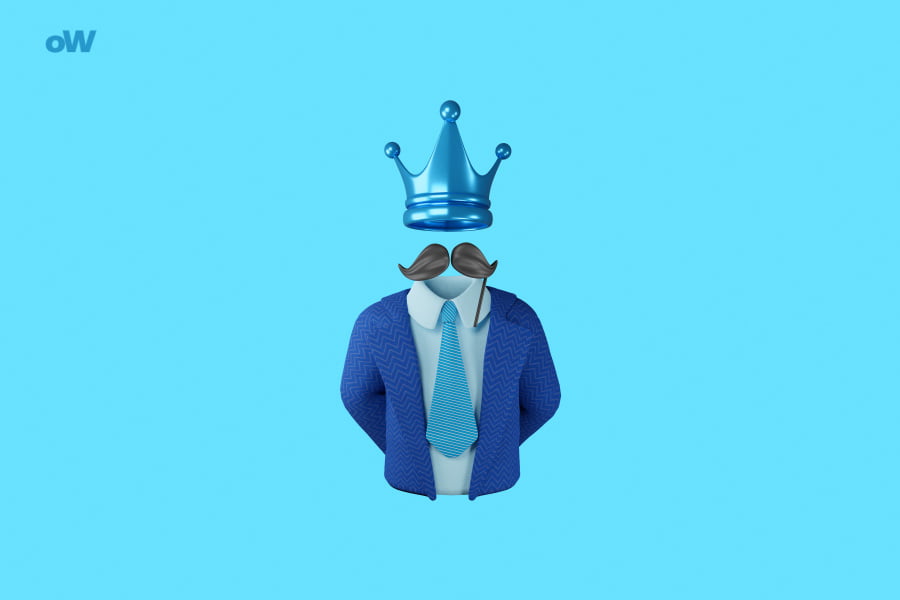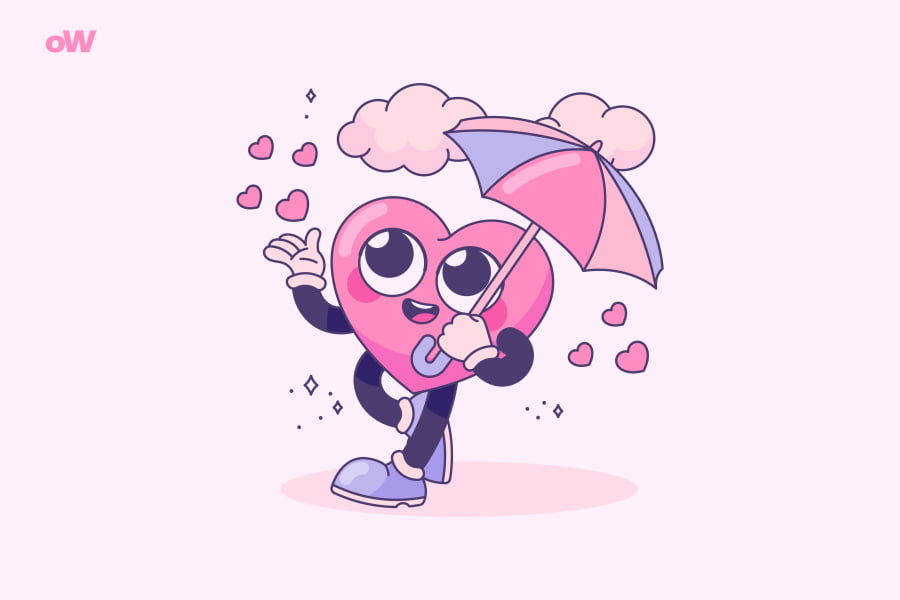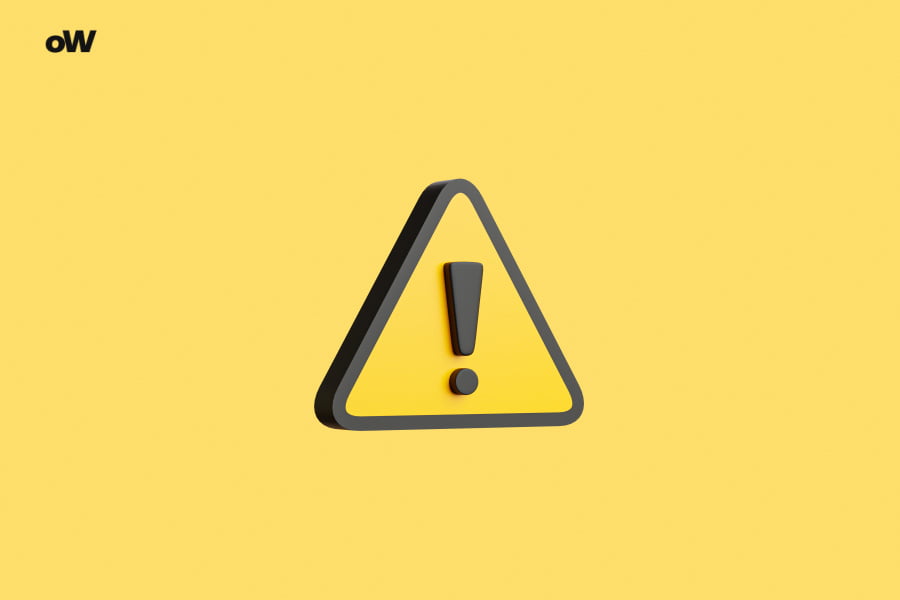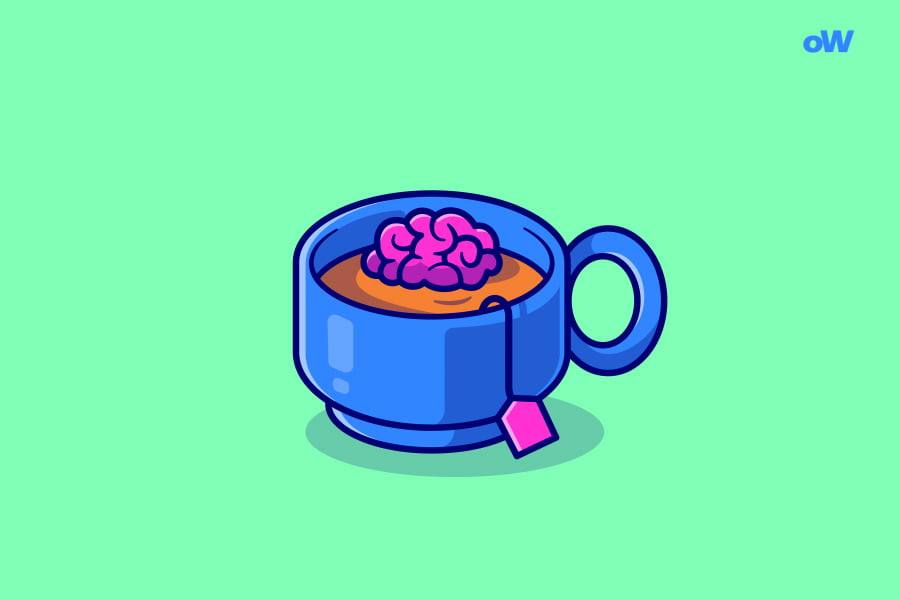Pooh Pathology Test: Honey or Haycorns?
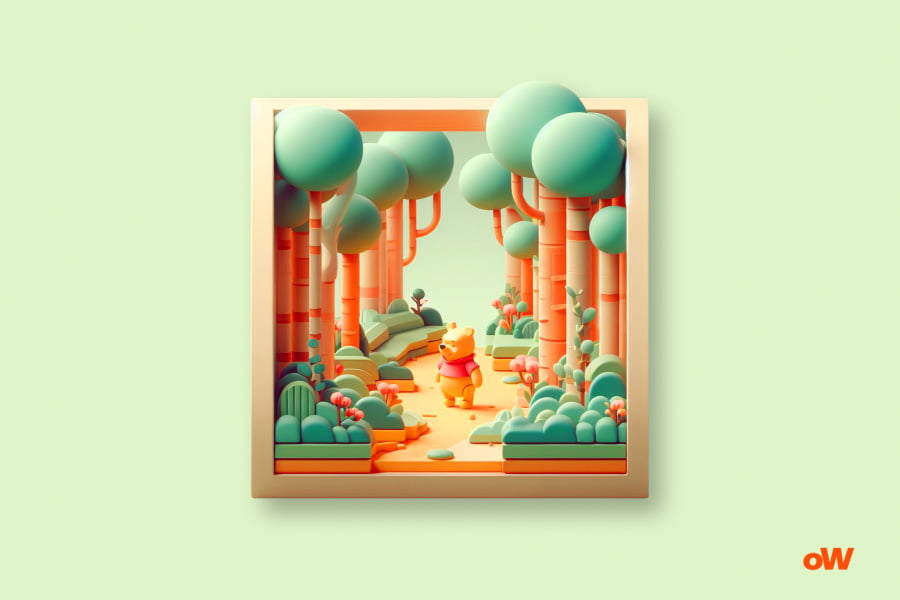
Pooh Pathology Test is a viral online quiz that determines your psychological traits based on similarities to characters from Winnie the Pooh. Recently, the test has been gaining immense popularity on TikTok and Twitter(X). Let’s take a look at what this test is, where it came from, and how much we can trust its results.
What Is the Pooh Pathology Test and Where Did It Come From?
The Pooh Pathology Test is a popular psychological test based on a study by two psychology professors, Dr. Sarah E. Shea and Dr. Kevin Gordon. They analyzed the behaviors of Winnie the Pooh characters and concluded that each character displays symptoms of a certain psychological disorder or personality trait.
This Pooh test, which instantly gained popularity on TikTok and other social networks, was created based on their research. People are eagerly taking the test and sharing results! Also, if you want to learn more about your personality, try our other tests like “What vibe do I give off?” or “Which human emotion am I?“
How Does the Testing Work in the Winnie the Pooh Pathology Test?
Our test is based on the same principle as the original Pooh Pathology Test. You will be asked to answer 33 statements by choosing options from “strongly agree” to “strongly disagree”. It will take no more than 5 minutes. The questions cover a wide range of aspects of personality, behavior, habits, interests and tendencies.
Based on your answers, the test will determine which of the 7 Winnie the Pooh characters you most closely match – Pooh, Piglet, Rabbit, Eeyore, Tigger, Roo or Christopher Robin. Each character corresponds to certain psychological traits or disorders.
Winnie the Pooh Characters and Associated Disorders
Here is a detailed description of each Winnie the Pooh character and the mental deviations associated with them:
Winnie the Pooh
Winnie the Pooh shows symptoms of Attention Deficit Disorder (ADD). He finds it difficult to focus on one thing, is easily distracted and forgets what he was doing. Pooh has a short attention span and increased absentmindedness. He often gets lost in his own thoughts and does not notice what is happening around him. Pooh is also prone to impulsive, ill-considered actions, especially when it comes to getting something he wants (e.g. honey). Despite good intentions, Pooh does not always adequately assess the situation and his actions due to cognitive impairments.
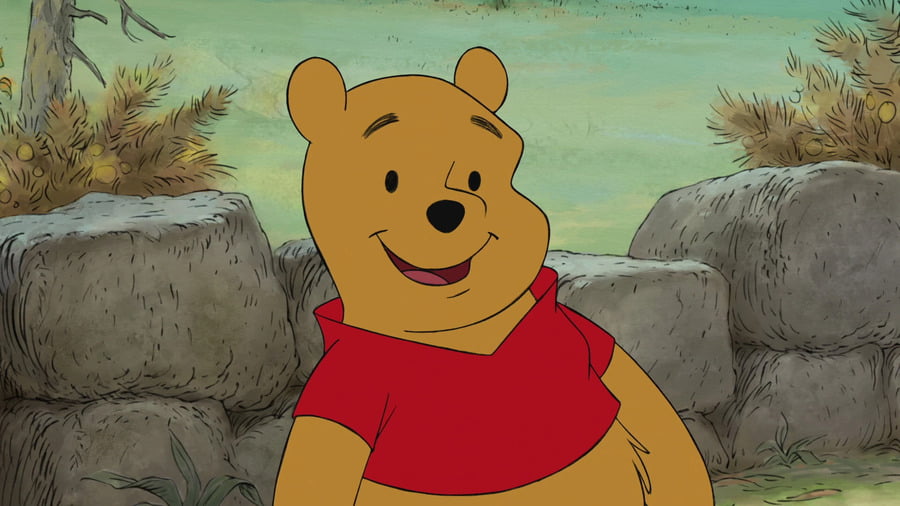
Piglet
Piglet is diagnosed with an anxiety disorder. He tends to worry excessively about many things and finds it difficult to control his fears. Piglet often expects the worst outcome even when there is no real reason for it. He thinks too much and can get “stuck” in negative thoughts, as the Winnie the Pooh test emphasizes. Anxiety is constantly present in Piglet, making him nervous in different situations. Piglet is a typical snowflake.
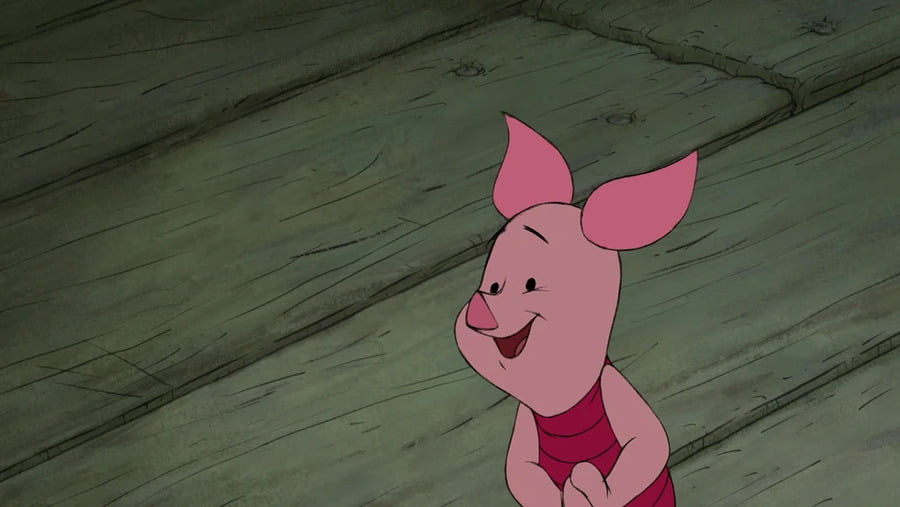
Rabbit
Rabbit is diagnosed with obsessive-compulsive disorder (OCD). He has an obsessive desire for order, cleanliness, perfection. Rabbit believes this is very important and gets very upset when something changes or is disrupted. He performs certain actions and rituals (cleaning, gardening) to control the situation. At the same time, his behavior is excessive and inadequate to real threats.

Tigger
Tigger is also diagnosed with Attention Deficit Hyperactivity Disorder (ADHD). He has abrupt mood swings, impulsiveness, and a tendency to act recklessly. Tigger has difficulty controlling his energy, he may interrupt conversations and disrupt others. He bounces back quickly after unpleasant incidents and is ready for new adventures. Because of hyperactivity, Tigger gets into dangerous situations.
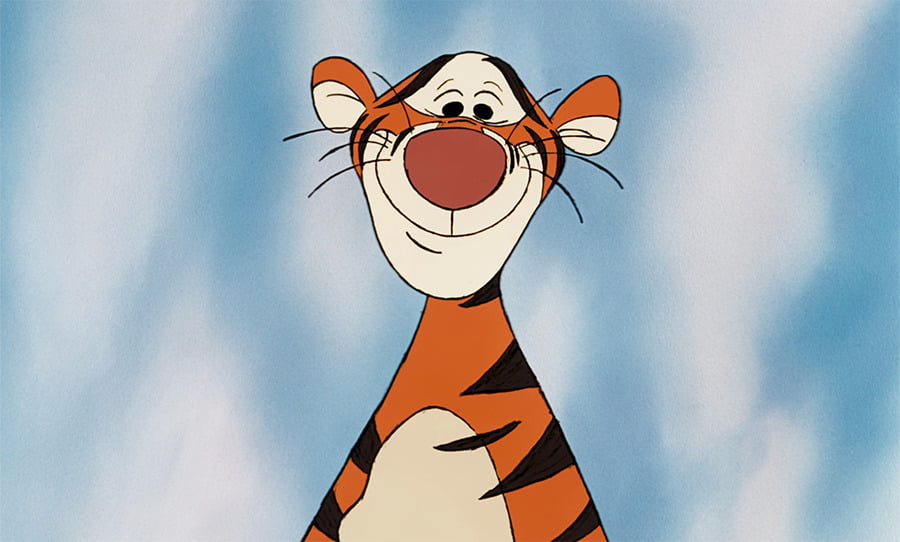
Owl
Unlike others, Owl has no obvious mental disorders diagnosed. According to the results of the Pooh test, he personifies wisdom, prudence and calmness. Owl gives friends sensible advice and helps solve problems. He is the voice of reason in their group. Has different kinds of intelligence and values knowledge and experience.
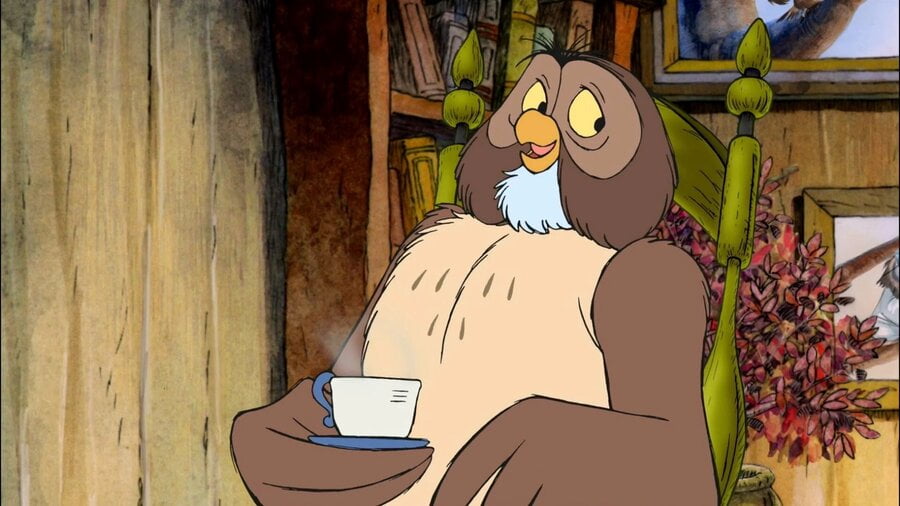
Eeyore
Eeyore displays some traits characteristic of autism spectrum disorders. He behaves in a detached manner, shows little interest in the outside world, and poorly understands social norms. Sometimes Eeyore demonstrates excessive emotionality transitioning into apathy. He finds it difficult to express feelings and understand the meaning of communication.
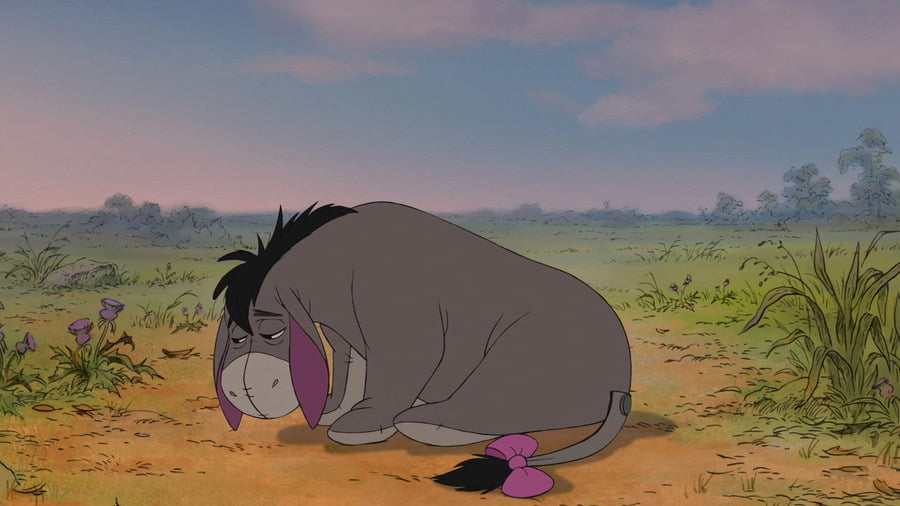
Christopher Robin
Christopher Robin shows symptoms similar to schizophrenia. He lives in an imaginary world, believes he can talk to animals. He probably has two ego states – normal in reality and imaginary in the Hundred Acre Wood he invented. Christopher Robin demonstrates impairments in perceiving reality and memory. A misanthrope who prefers solitude and imagination to society and reality.
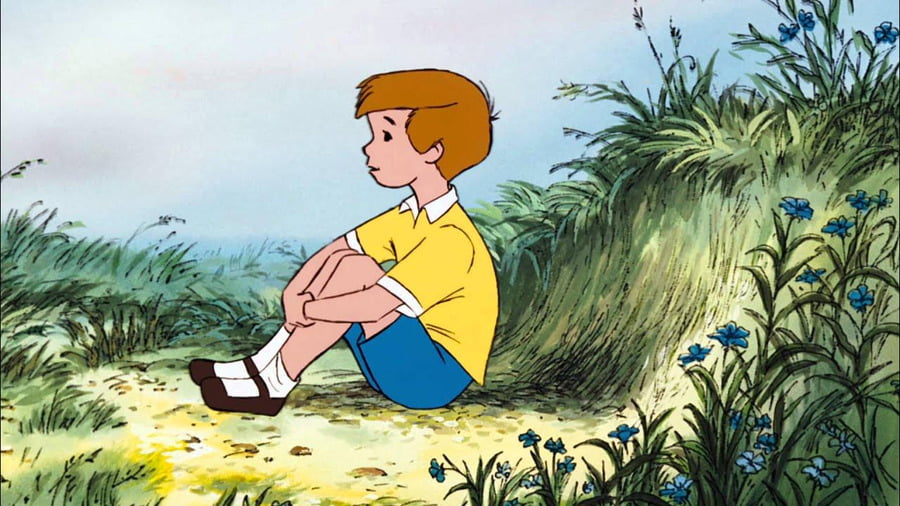
What Does the Pooh Pathology Test Claim?
The professors who conducted the research make some bold claims about the diagnostic capabilities of the Winnie the Pooh Pathology Test. Supposedly, this simple online quiz is able to:
Diagnose Mental Disorders
Specifically – identify a person’s tendencies towards serious mental conditions such as depression, anxiety disorders, OCD, autism, schizophrenia.
However, according to many experts, such claims are not sufficiently substantiated.
- Firstly, the Pooh test itself has not been validated as a diagnostic tool and was originally created solely as entertainment content.
- Secondly, identifying mental disorders requires a comprehensive approach using clinical techniques, not just questionnaires.
- Thirdly, the online test has too few questions, formulated too vaguely, to make specific diagnoses based on it.
Thus, the Winnie the Pooh test cannot be considered an instrument for diagnosing mental disorders. It is only entertainment content, with no serious diagnostic value.
Determine Deep Personality Traits
In addition, the study authors claim that the Pooh test can supposedly identify a person’s deep, enduring personality traits.
However, psychologists believe that revealing a person’s true personality requires long-term observation in different situations using valid techniques, not just a short quiz.
Therefore, claims about the Winnie the Pooh test’s ability to “see through” a person are also highly questionable and unsupported by psychological science.
Can Pooh Pathology Test Results Be Trusted?
- Doubtful scientific validity.
As noted, the test itself has not undergone validation for reliability and validity required for any professional psychodiagnostic tool. It was originally created as entertainment without reliance on scientific psychological classifications. - Simplified methodology.
The test methodology is also questionable – 33 general questions are insufficient for even moderately in-depth diagnostics. A more thorough approach is needed using validated psychometric scales and statistical analysis. - Ignoring other diagnostic methods.
Importantly, our quiz cannot replace comprehensive diagnostics using interviews, medical history analysis, clinical data. - High risk of erroneous results.
Given all of the above, the Pooh test carries a high risk of erroneous, unfounded results. Relying on it for health issues is extremely reckless.
Conclusion – Winnie the Pooh Test as Entertainment
In summary, it can be confidently stated that our Pooh Pathology Test is purely entertaining. Its results reflect only subjective impressions of similarities to one character or another. But they cannot serve as a basis for diagnosis or evaluation of personality traits. To address real psychological problems, one should consult a professional psychologist and undergo valid diagnostics.
How to Play?
Click the "Start Quiz" button and answer each quiz question honestly. There are no right or wrong answers. You may encounter multiple-choice questions or statements to rate on a scale of agreement. Once you finish the quiz, you'll receive results that provide insight into your personality traits, including strengths and weaknesses. Use this information to increase self-awareness and make positive changes.
How many questions does this quiz have?
33 Questions
How long does it take to complete this quiz?
5 Minutes
Questions Overview
- Adventures
- Worries
- Organization
- Nothing much
- Messy with random piles
- Quite neat
- Meticulously organized
- A chaotic mess
- Fantasy novels
- Self-help
- Instruction manuals
- Don't read much
- Hearty - love mealtimes
- Picky eater
- Regimented eating schedule
- Forget to eat often
- Very externally expressive
- Tend to keep emotions private
- Repressed emotions
- Deep emotions, but subdued expression
- Very nostalgic and reminisce often
- Occasionally nostalgic
- Rarely dwell on the past
- Struggle with remembering the past clearly
- Dive right in adventurously
- Cautiously at first
- Need to know all details in advance
- Don’t go to new places often
- Spontaneous fun and adventures
- Calm and relaxing
- Productive tasks and hobbies
- Don't make weekend plans
- Just as playful and silly
- Less inclined to play
- Much more serious now
- Can't remember childhood well
- Very nostalgic and reminisce often
- Occasionally nostalgic
- Rarely dwell on the past
- Struggle with remembering the past clearly
- Make-believe stories
- Worries and complaints
- Practical matters
- Not much of a talker
- Very - easily lose focus
- Somewhat - can refocus
- Rarely - very concentrated
- Doesn't apply - don't work
- Very - act first, think later
- Occasionally impulsive
- Very deliberate in decisions
- Prefer others make decisions
- Dislike strict routines
- Can adapt to change
- Need routines to function
- No set routine
- Very optimistic
- Cautiously optimistic
- Pessimistic
- Uninterested in the future
- Very outgoing and extroverted
- Moderately social
- Independent loner
- Disconnected
- Playful shenanigans
- Relaxing alone
- Tackling your to-do list
- Sleeping
- Trust your gut instinct
- Carefully weigh all options
- Make pro/con lists
- Avoid big decisions
- Often ponder big questions
- Sometimes self-reflective
- Not very introspective
- Confused by inner thoughts
- Occasional worries
- Frequent anxiety
- Constant anxiety
- Rarely feel anxious
- Will try anything once
- Prefer familiar foods
- Strict diet preferences
- Forget to eat often
- Try to smooth things over
- Get very distressed
- Argue your position
- Withdraw from conflicts
- Adapt easily to change
- Dislike unpredictability
- Need stability
- Go with the flow
- Very sentimental
- Moderately sentimental
- Not sentimental
- Forgetful about mementos
- Constantly
- Occasionally
- Rarely outwardly
- Inner amusement
- Bounce back quickly
- Persist but pass eventually
- Difficult to improve mood
- No noticeable moods
- Very high tolerance
- Moderate risks OK
- Avoid risks when possible
- Oblivious to risks
- Bursting with energy
- Average energy
- Low energy
- Episodic energy bursts
- Very nostalgic and reminisce often
- Occasionally nostalgic
- Rarely dwell on the past
- Struggle with remembering the past clearly
- Occasional sadness
- Frequent melancholy
- Pervasive unhappiness
- Rarely feel down
- Keenly observant
- Moderately observant
- Oblivious to surroundings
- Prefer inner world
- No fear of public speaking
- Somewhat anxious
- Extremely uncomfortable
- Don't speak much at all
- Flexible organization
- Semi-structured
- Meticulous organization
- No organization
